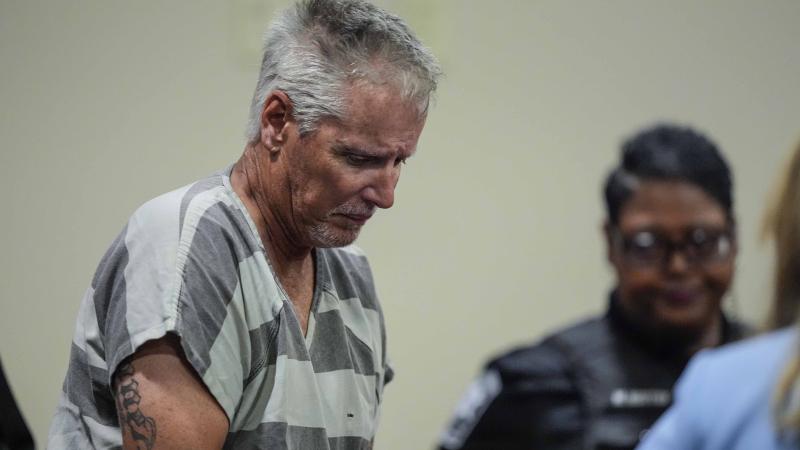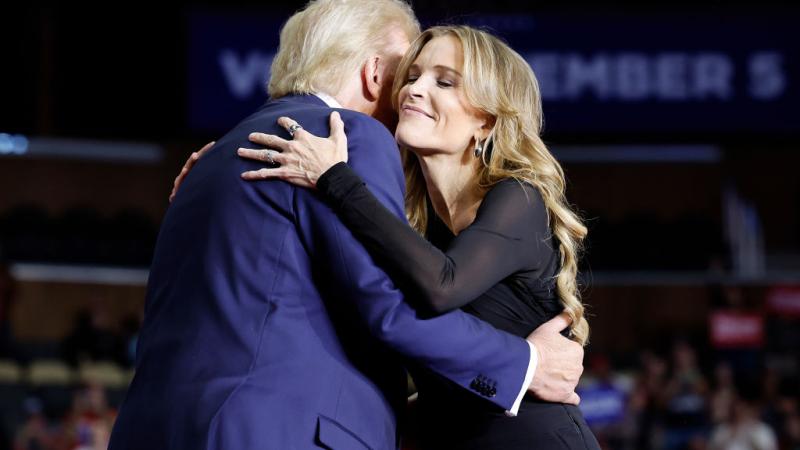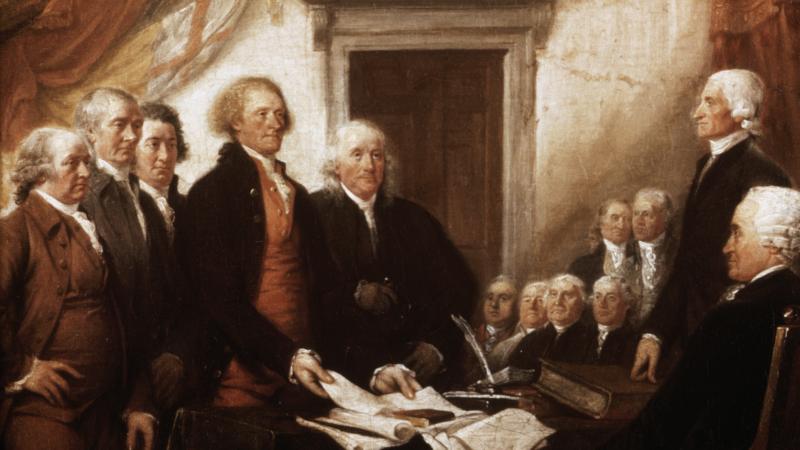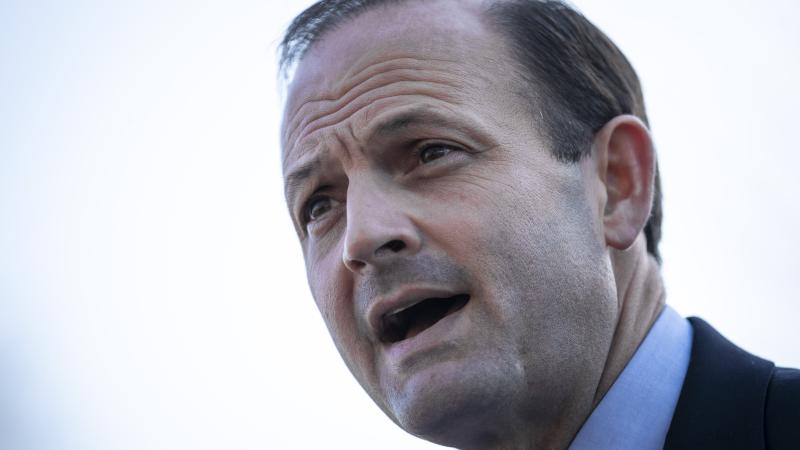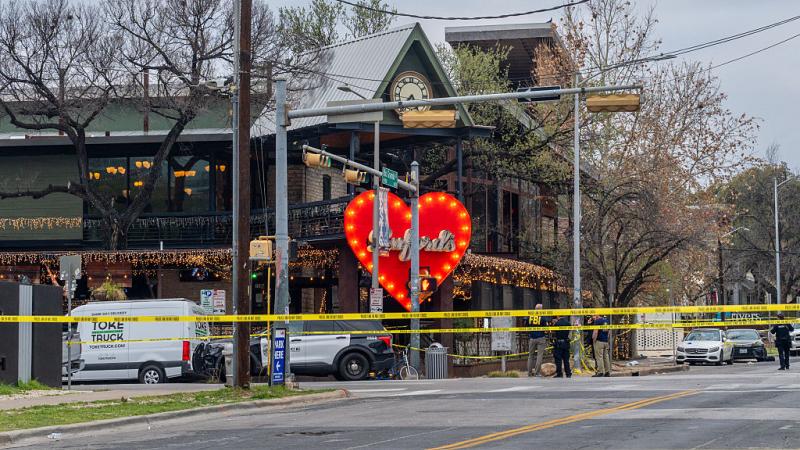Abbott pushes back on claim that public schools aren’t fully funded
He did so after 39 Texas House Democrats, led by state Rep. Jon Rosenthal of Houston, called for a special legislative session “to address the dire need for public education funding amidst a historic multi-billion dollar budget surplus.”
Gov. Greg Abbott pushed back against a narrative being propagated by the state’s largest teacher’s union and Texas Democrats that public schools are not fully funded.
He did so after 39 Texas House Democrats, led by state Rep. Jon Rosenthal of Houston, called for a special legislative session “to address the dire need for public education funding amidst a historic multi-billion dollar budget surplus.” The basic per student funding allotment needs to be increased, Democrats say, because school districts are facing “drastic budget cuts as inflation, historically low funding, and unfunded mandates place immense pressure on budgets.”
The solution is to spend more money, including $5 billion that has been “unspent for public education” and from a projected $21 billion surplus next year.
The likelihood of a special session being called is slim in an election year when many lawmakers already lost their primary races or announced their retirement. School choice was one of the biggest winners in the March 5 primary election. Several key races that will be decided in the May 28 runoff election and in November will reshape the makeup of the Texas House.
Texas Democratic Party Chair Gilberto Hinojosa criticized Abbott, saying he “has held public education funding hostage” and tried to “blackmail the legislature into passing his private school voucher scheme, referring to an Education Savings Account pilot program that repeatedly passed in the Texas Senate with bipartisan support. Texas Democrats and 21 House Republicans killed it and a school funding proposal multiple times last year, The Center Square reported.
In response, Abbott pointed out that House Democrats voted against increasing public school education funding last year, including during two special legislative sessions. In a letter to Rosenthal, Abbott said all 39 Democrats calling for a special session now voted against a bill filed by state Rep. Brad Buckley that would have added $6 billion in school funding, including teacher pay raises, additional school safety funding and other measures.
The makeup of the House, including outgoing members who opposed Buckley’s bill, “has not changed since you rejected that proposal,” Abbott said, “which means there is no possibility for it to pass during another special session unless you are willing to change your position to support the Buckley bill.”
Because many House Republicans who voted against school choice last year lost their primary races, Abbott said, “with the changes taking place in the Texas House,” after the November election, “we will have an opportunity to reconsider this legislation in the next regular session.”
The governor also pointed to what he says is the real reason for some districts facing budget shortfalls, as first reported on by The Center Square: districts increasing spending beyond revenue, basing budgets on temporary and expiring federal COVID-era relief funding despite declining enrollment. Many districts claiming budget shortfalls and teacher layoffs advocated for billions of dollars in combined debt through issuing bonds and paying superintendents and administrative staff mid- to high-six figure salaries.
The legislature allocated $6,160 for a baseline in per student funding, Abbott said, but when other factors are included, the number “actually exceeds $12,000.”
The Texas Association of School Boards argues it’s a “myth” that “Texas is fully funding education. Since 2019, there has been no increase by lawmakers to the basic allotment, despite inflationary price increases of up to 19%.”
Vance Ginn, president of Ginn Economic Consulting, and senior fellow at multiple think tanks, said TASB’s claim was “bogus.” Citing Texas Education Agency data, he said, “Taxpayer funding for students was, on average, nearly $18,000 last year at $17,966 per student.” The data covers all 5.5 million students enrolled in K-12 public schools in the 2022-2023 school year.
Ginn argues “more spending on government schools isn’t the answer.” If it were, $18,000 spent on per student public school funding would result in Texas having “the best student outcomes ever.”
Instead, Texas public school education outcomes currently rank in the bottom third in the country.
James Quintero with the Texas Public Policy Foundation also posted state data showing that combined state and federal funding has surpassed $10,000 per student since 2010. Overall, funding per student has increased 42% since 2011, according to the data.
He also responded to Rosenthal’s complaint that Cypress Fairbanks ISD in his district was facing budget cuts when it superintendent’s base salary was over $536,000 last year.
Statewide, districts are reporting budget deficits, laying off teachers, cutting student programs, and advocating for billions of dollars in debt.





